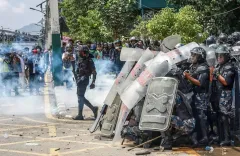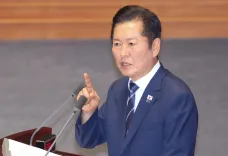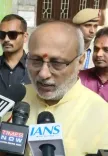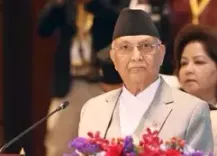How Can We Build Strong, Disaster-Resilient Infrastructure for the Future?
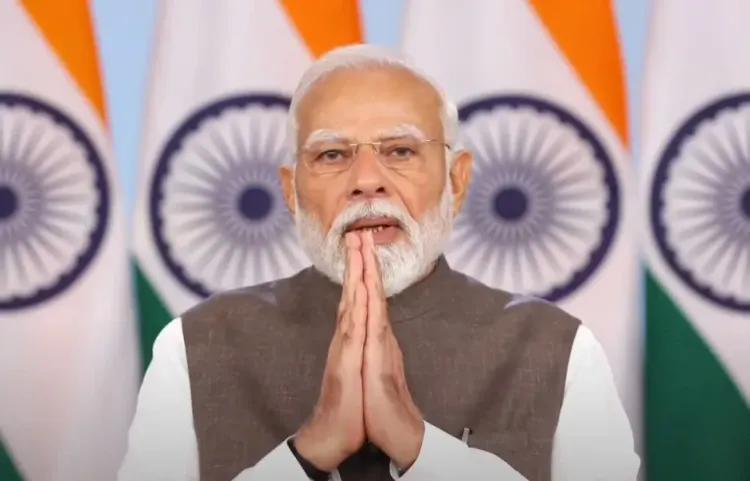
Synopsis
Key Takeaways
- Importance of Disaster-Resilient Infrastructure
- Global Collaboration is Essential
- Education and Skills Development are Critical
- Innovative Financing for Vulnerable Nations
- Strengthening Early Warning Systems
New Delhi, June 7 (NationPress) Prime Minister Narendra Modi emphasized the necessity of developing disaster-resilient infrastructure and articulated key global priorities to realize this vision during his address at the International Conference on Disaster Resilient Infrastructure, held in Europe for the first time.
Expressing his appreciation to French President Emmanuel Macron and the French government, PM Modi stated, "I thank my friend President Macron and the Government of France for their support. I also extend my wishes for the upcoming United Nations Oceans Conference."
He highlighted the vulnerability of coastal and island regions to natural disasters, stating, "The theme of this conference is shaping a resilient future for coastal regions. Coastal regions and islands are at great risk due to natural disasters and climate change."
PM Modi noted recent calamities, mentioning, "In recent times, we saw Cyclone Remal in India and Bangladesh, Hurricane Beryl in the Caribbean, Typhoon Yagi in Southeast Asia, Hurricane Helene in the United States, Typhoon Usagi in the Philippines, and Cyclone Chido in parts of Africa. Such disasters cause significant damage to lives and property."
Reflecting on India's past experiences, he remarked, "India also suffered during the super cyclone of 1999 and the tsunami of 2004. We adapted and rebuilt, focusing on resilience. Cyclone shelters were constructed in vulnerable areas, and we helped develop a tsunami warning system for 29 countries."
Stressing India's global contribution, he stated, "The Coalition for Disaster Resilient Infrastructure is collaborating with 25 small island developing states. Resilient homes, hospitals, schools, energy systems, water security mechanisms, and early warning systems are being established. I am glad to see friends from the Pacific, Indian Ocean, and the Caribbean here. Furthermore, I am pleased that the African Union has also joined the CDRI."
He outlined urgent global priorities, starting with education and skills. "Courses, modules, and skill development programs on disaster resilience should become integral to higher education. This will cultivate a skilled workforce capable of addressing future challenges," he asserted.
Highlighting the importance of shared learning, he added, "Many nations encounter disasters and rebuild with resilience. A global digital repository for learnings and best practices would be advantageous."
On financing, PM Modi remarked, "Disaster resilience necessitates innovative financing. We must create accessible programs and ensure that developing nations have access to financial resources."
He also called for concentrated efforts towards vulnerable nations, stating, "We regard small island developing states as large ocean countries. Due to their susceptibility, they warrant special attention."
Emphasizing preparedness, he said, "Strengthening early warning systems and coordination is vital. This aids in making timely decisions and effective last-mile communication. I am confident that discussions at this conference will address these elements."
Concluding his speech with a compelling message, PM Modi urged the global community to construct infrastructure that is both resilient and inspiring.
"Let us create infrastructure that withstands the test of time and adversity. Let us build a strong and brilliant future for the world," he remarked.


